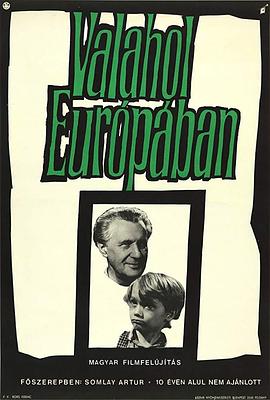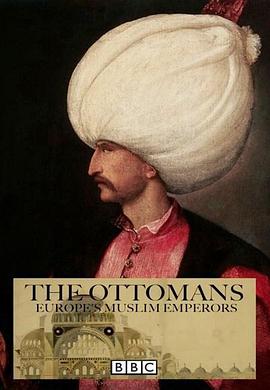Somewhere in the remote region, the war ends. In the midst of ruined cities and houses in the streets, in rural hamlets, everywhere where people still live, are children who have lost their homes and parents. Abandoned, hungry, and in rags, defenseless and humiliated, they wander through the world. Hunger drives them. Little streams of orphans merge into a river which rushes forward and submerges everything in its path. The children do not know any feeling; they know only the world of their enemies. They fight, steal, struggle for a mouthful of food, and violence is merely a means to get it. A gang led by Cahoun finds a refuge in an abandoned castle and encounters an old composer who has voluntarily retired into solitude from a world of hatred, treason, and crime. How can they find a common ground, how can they become mutual friends? The castle becomes their hiding place but possibly it will also be their first home which they may organize and must defend. But even for this, the price will be very high. To this simple story, the journalist, writer, poet, scriptwriter, movie director, and film theoretician Béla Balázs applied many years of experience. He and the director Géza Radványi created a work which opened a new postwar chapter in Hungarian film. Surprisingly, this film has not lost any of its impact over the years, especially on a profound philosophical level. That is to say, it is not merely a movie about war; it is not important in what location and in what period of time it takes place. It is a story outside of time about the joyless fate of children who pay dearly for the cruel war games of adults. At the time it was premiered, the movie was enthusiastically received by the critics. The main roles were taken by streetwise boys of a children's group who created their roles improvisationally in close contact with a few professional actors, and in the children's acting their own fresh experience of war's turmoil appears to be reflected. At the same time, their performance fits admirably into the mosaic of a very complex movie language. Balázs's influence revealed itself, above all, in the introductory sequences: an air raid on an amusement park, seen in a montage of dramatic situations evoking the last spasms of war, where, undoubtedly, we discern the influence of classical Soviet cinematography. Shooting, the boy's escape, the locomotive's wheels, the shadows of soldiers with submachine guns, the sound of a whistle—the images are linked together in abrupt sequences in which varying shots and expressive sharp sounds are emphasized. A perfectly planned screenplay avoided all elements of sentimentality, time-worn stereotypes of wronged children, romanticism and cheap simplification. The authors succeeded in bridging the perilous dramatic abyss of the metamorphosis of a children's community. Their telling of the story (the scene of pillaging, the assault on the castle, etc) independently introduced some neorealist elements which, at that time, were being propagated in Italy by De Sica, Rossellini, and other film artists. The rebukes of contemporary critics, who called attention to "formalism for its own sake" have been forgotten. The masterly art of cameraman Barnabás Hegyi gives vitality to the poetic images. His angle shots of the children, his composition of scenes in the castle interior, are a living document of the times, and underline the atmosphere and the characters of the protagonists. The success of the picture was also enhanced by the musical art of composer Dénes Buday who, in tense situations, inserted the theme of the Marseilaise into the movie's structure, as a motive of community unification, as an expression of friendship and the possibility of understanding. Valahol Europaban is the first significant postwar Hungarian film. It originated in a relaxed atmosphere, replete with joy and euphoria, and it includes these elements in order to demonstrate the strength of humanism, tolerance, and friendship. It represents a general condemnation of war anywhere in the world, in any form.
关联推荐
猜你喜欢
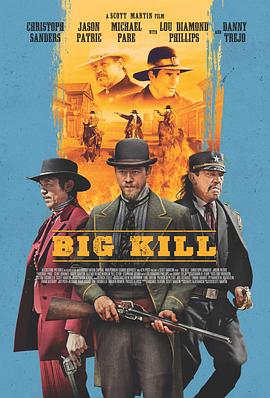 7.0正片杰森·帕特里克 卢·戴蒙德·菲利普斯 克里斯托夫·桑德斯 斯科特·马丁 克林特·格伦 K·C·克莱德 斯蒂芬妮·伯兰 伊莎贝拉·麦克罗林 丹尼·特雷霍 迈克尔·帕尔 奥德丽·沃尔特斯 杰梅因·华盛顿 丹尼斯·拉瓦列 大卫·曼扎纳雷斯 萨拉·明妮奇 保罗·布特 泰德·马里兹 格林·普拉塞尔 赛丽·罗杰斯 一个来自费城的贵族男人,两个居无定所的的赏金猎人,看似毫无交集的两种人却因为命运的机缘巧合而相遇。在一座被称为“大杀特杀”的没落小镇,为了小镇居民重获安宁,三人与邪恶伪装的传教士展开了命运的交锋。
7.0正片杰森·帕特里克 卢·戴蒙德·菲利普斯 克里斯托夫·桑德斯 斯科特·马丁 克林特·格伦 K·C·克莱德 斯蒂芬妮·伯兰 伊莎贝拉·麦克罗林 丹尼·特雷霍 迈克尔·帕尔 奥德丽·沃尔特斯 杰梅因·华盛顿 丹尼斯·拉瓦列 大卫·曼扎纳雷斯 萨拉·明妮奇 保罗·布特 泰德·马里兹 格林·普拉塞尔 赛丽·罗杰斯 一个来自费城的贵族男人,两个居无定所的的赏金猎人,看似毫无交集的两种人却因为命运的机缘巧合而相遇。在一座被称为“大杀特杀”的没落小镇,为了小镇居民重获安宁,三人与邪恶伪装的传教士展开了命运的交锋。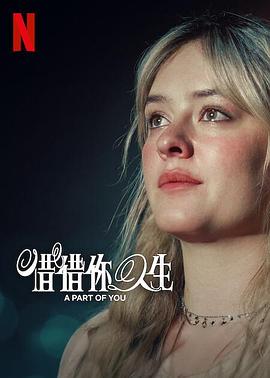 9.0HD中字费利西亚·特吕松 艾德文·瑞丁 莎拉·拉尔森 埃达·英格薇 妮基·汉斯布莱德 Alva Bratt Olivia Essén Maxwell Cunningham Emil Hedayat Mustafa Al-Mashhadani 这是一部以生与死为题材的故事,描绘了 17 岁时感觉心脏要从胸口跳出的经历。 阿格尼丝的姐姐朱莉娅拥有阿格尼丝梦寐以求的一切:她是学校里最酷的人,是每个派对的中心人物,而且她正在和诺埃尔约会。要
9.0HD中字费利西亚·特吕松 艾德文·瑞丁 莎拉·拉尔森 埃达·英格薇 妮基·汉斯布莱德 Alva Bratt Olivia Essén Maxwell Cunningham Emil Hedayat Mustafa Al-Mashhadani 这是一部以生与死为题材的故事,描绘了 17 岁时感觉心脏要从胸口跳出的经历。 阿格尼丝的姐姐朱莉娅拥有阿格尼丝梦寐以求的一切:她是学校里最酷的人,是每个派对的中心人物,而且她正在和诺埃尔约会。要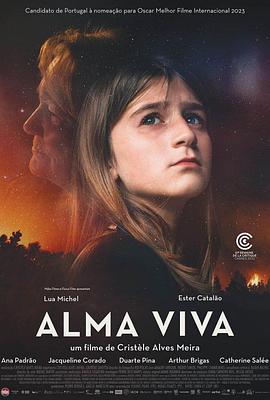 HD中字卢阿·米切尔 安娜·帕卓 杰奎琳·科拉多 埃斯特·加泰罗 杜阿尔特·皮纳 亚瑟·布里加斯 卡特琳·萨雷 玛莎·奎娜 莱昂内尔·雷斯 索尼娅·马丁斯 阿马杜·阿尔维斯 埃利安·卡尔达斯 维里亚托·特兰科索 瓦尔德马尔·桑托斯 圣·多明戈斯 努诺·吉尔 佩德罗·拉塞尔达 像每年夏天一样,小莎乐美都会回到她坐落在葡萄牙山区的家乡度假。当假期在无忧无虑的气氛中开始时,她深爱的祖母却突然去世了。当大人们在葬礼上感到难过时,莎乐美却被那个被认为是女巫的人的灵魂所困扰。
HD中字卢阿·米切尔 安娜·帕卓 杰奎琳·科拉多 埃斯特·加泰罗 杜阿尔特·皮纳 亚瑟·布里加斯 卡特琳·萨雷 玛莎·奎娜 莱昂内尔·雷斯 索尼娅·马丁斯 阿马杜·阿尔维斯 埃利安·卡尔达斯 维里亚托·特兰科索 瓦尔德马尔·桑托斯 圣·多明戈斯 努诺·吉尔 佩德罗·拉塞尔达 像每年夏天一样,小莎乐美都会回到她坐落在葡萄牙山区的家乡度假。当假期在无忧无虑的气氛中开始时,她深爱的祖母却突然去世了。当大人们在葬礼上感到难过时,莎乐美却被那个被认为是女巫的人的灵魂所困扰。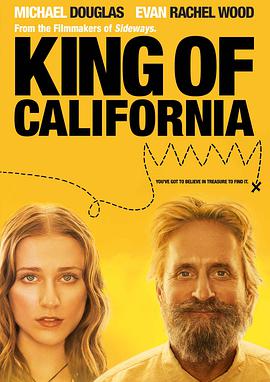 HD中字版迈克尔·道格拉斯 埃文·蕾切尔·伍德 爱丽森·阿什莉·阿姆 Laura Kachergus 威利斯·伯克斯二世 Charlie(迈克尔•道格拉斯 Michael Douglas 饰)在圣克莱塔行为健康院疗养了两年后,终于获准出院。两年间,Charlie的精神趋于正常,却开始痴迷于一批古老的西班牙宝藏,还把
HD中字版迈克尔·道格拉斯 埃文·蕾切尔·伍德 爱丽森·阿什莉·阿姆 Laura Kachergus 威利斯·伯克斯二世 Charlie(迈克尔•道格拉斯 Michael Douglas 饰)在圣克莱塔行为健康院疗养了两年后,终于获准出院。两年间,Charlie的精神趋于正常,却开始痴迷于一批古老的西班牙宝藏,还把 HD哈米德·雷扎·阿巴斯 萨达芙·阿斯佳丽 科伊凡·莫哈马迪 潘特阿·帕纳希哈 阿里·巴格利 贝赫扎德·多拉尼 Mojtaba Bahmani Ali Mohseni Mehrdad Bakhshi 故事发生在里海沿岸,年轻的阿米尔与娜吉斯深爱着彼此。然而,在当今的伊朗社会,仅仅拥有爱情远不足以共筑未来的生活,因此他们隐瞒了相爱的事实。阿米尔背负着巨大的压力,为了得到女友“上流”家庭的认可,他急需
HD哈米德·雷扎·阿巴斯 萨达芙·阿斯佳丽 科伊凡·莫哈马迪 潘特阿·帕纳希哈 阿里·巴格利 贝赫扎德·多拉尼 Mojtaba Bahmani Ali Mohseni Mehrdad Bakhshi 故事发生在里海沿岸,年轻的阿米尔与娜吉斯深爱着彼此。然而,在当今的伊朗社会,仅仅拥有爱情远不足以共筑未来的生活,因此他们隐瞒了相爱的事实。阿米尔背负着巨大的压力,为了得到女友“上流”家庭的认可,他急需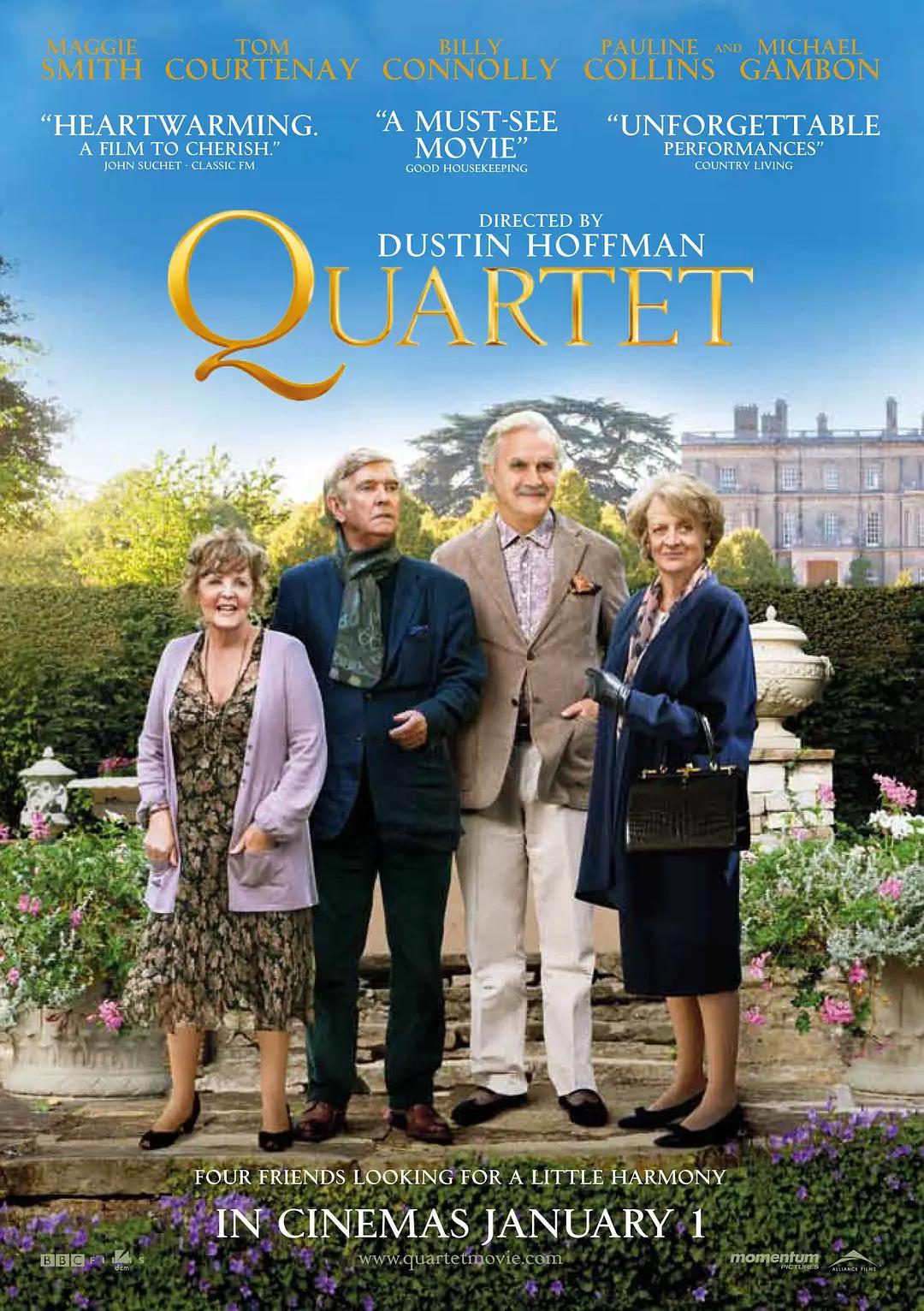 HD玛吉·史密斯 汤姆·康特奈 比利·康诺利 保利娜·科林斯 迈克尔·刚本 谢里丹·史密斯 安德鲁·萨克斯 格温妮丝·琼斯 特雷弗·皮科克 大卫·莱尔 迈克尔·伯恩 罗尼·福克斯 帕特里夏·洛夫兰德 伊琳·珀威尔 卢克·纽伯里 故事发生在一间专门面向歌剧退休演员开放的养老院里,维尔福(比利·康诺利 Billy Connolly 饰)、雷吉(汤姆·康特奈 Tom Courtenay 饰)和茜茜(宝林·科林斯 Pauline C
HD玛吉·史密斯 汤姆·康特奈 比利·康诺利 保利娜·科林斯 迈克尔·刚本 谢里丹·史密斯 安德鲁·萨克斯 格温妮丝·琼斯 特雷弗·皮科克 大卫·莱尔 迈克尔·伯恩 罗尼·福克斯 帕特里夏·洛夫兰德 伊琳·珀威尔 卢克·纽伯里 故事发生在一间专门面向歌剧退休演员开放的养老院里,维尔福(比利·康诺利 Billy Connolly 饰)、雷吉(汤姆·康特奈 Tom Courtenay 饰)和茜茜(宝林·科林斯 Pauline C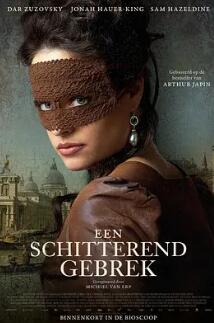 9.0HD中字达尔·祖佐夫斯基 乔纳·豪尔-金 山姆·哈兹尔丁 鲁思·贝卡尔特 加伊雅·伯曼妮·阿玛罗 Riccardo Gamba Maarten Heijmans Josh Goulding 西莫内塔·索德 Igor Horvat 安杰拉桑塔阿尔巴诺 Niccolò Besio Melanie Neu Finn Poncin Juda Goslinga Bert Hana 露丝·施奈普 马吉德·马多 Teun Donders Charlotte Houberg Giacomo Casanova's great love Lucia leaves Italy for Amsterdam. When they meet again, she has rein
9.0HD中字达尔·祖佐夫斯基 乔纳·豪尔-金 山姆·哈兹尔丁 鲁思·贝卡尔特 加伊雅·伯曼妮·阿玛罗 Riccardo Gamba Maarten Heijmans Josh Goulding 西莫内塔·索德 Igor Horvat 安杰拉桑塔阿尔巴诺 Niccolò Besio Melanie Neu Finn Poncin Juda Goslinga Bert Hana 露丝·施奈普 马吉德·马多 Teun Donders Charlotte Houberg Giacomo Casanova's great love Lucia leaves Italy for Amsterdam. When they meet again, she has rein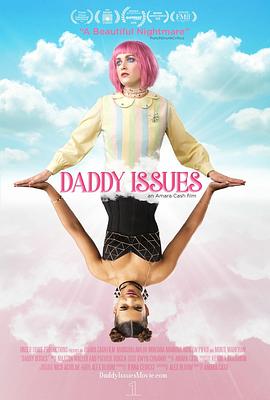 9.0正片麦迪森·劳勒 Montana Manning 安德鲁·皮菲克 玛雅,一位女同艺术家,遇见并疯狂地爱上了一位女孩:性感时尚达人贾思敏。童话般的爱情就此展开,直到玛雅发现贾思敏的与一个秘密的糖爸爸的恋情
9.0正片麦迪森·劳勒 Montana Manning 安德鲁·皮菲克 玛雅,一位女同艺术家,遇见并疯狂地爱上了一位女孩:性感时尚达人贾思敏。童话般的爱情就此展开,直到玛雅发现贾思敏的与一个秘密的糖爸爸的恋情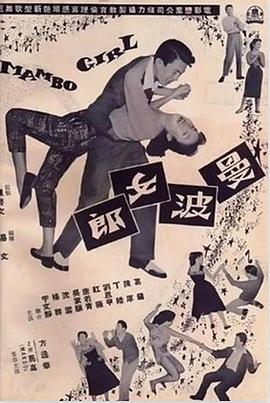 7.0HD国语版葛兰 陈厚 丁皓 刘恩甲 唐若青 可謂是葛蘭表演生涯中的一大突破,賦予她一個全新無憂無慮、自由自在、充滿青春活力、熱情奔放的「書院女」形象。影片以一段追尋生母的情節,暗喻香港的成長與獨立。舊電影本身而言,賞心悅目的連場歌舞和青春氣
7.0HD国语版葛兰 陈厚 丁皓 刘恩甲 唐若青 可謂是葛蘭表演生涯中的一大突破,賦予她一個全新無憂無慮、自由自在、充滿青春活力、熱情奔放的「書院女」形象。影片以一段追尋生母的情節,暗喻香港的成長與獨立。舊電影本身而言,賞心悅目的連場歌舞和青春氣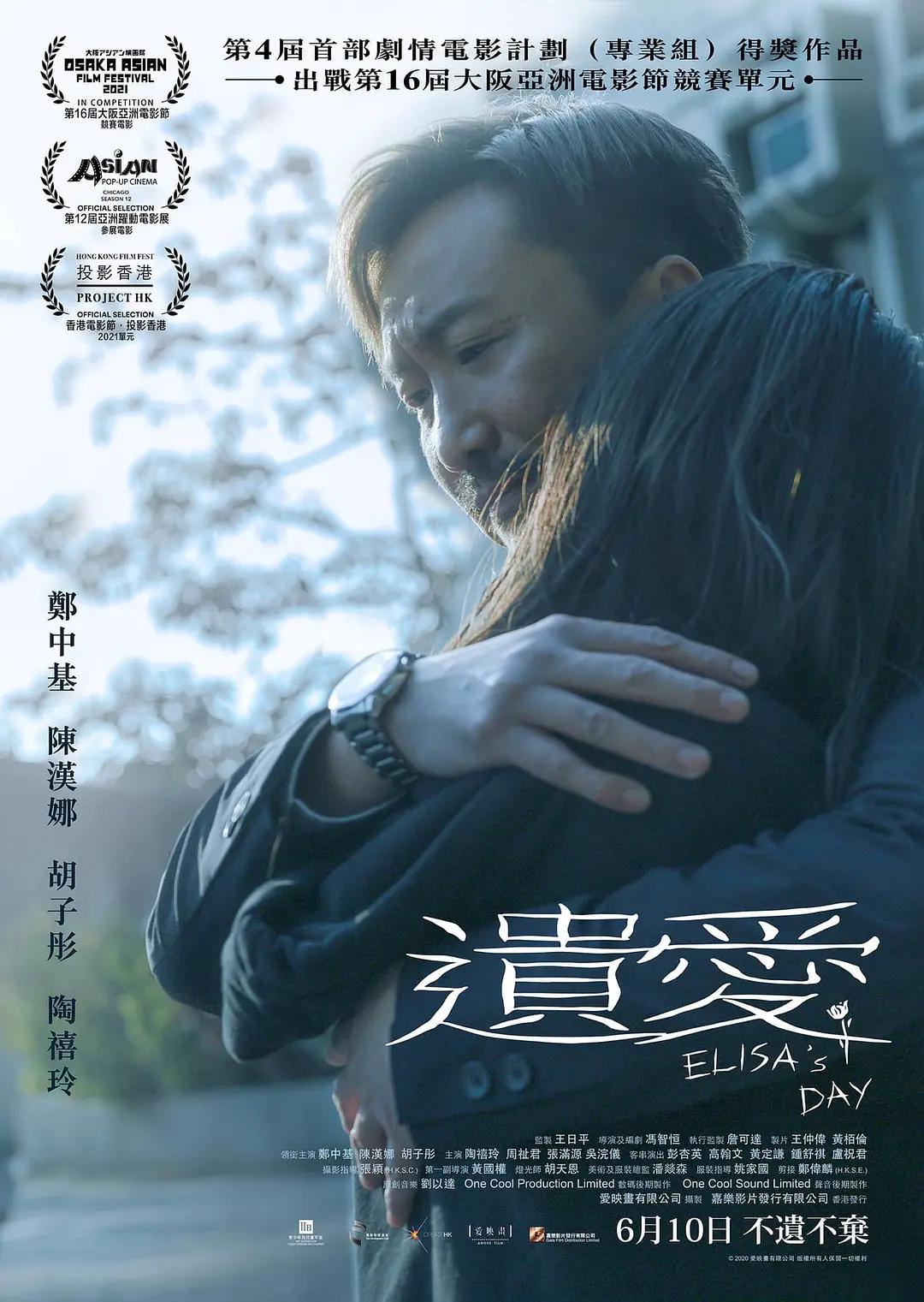 HD郑中基 胡子彤 陈汉娜 陶禧玲 周祉君 张满源 吴浣仪 彭杏英 高翰文 黄定谦 钟舒祺 卢祝君 二十年前,年輕的母親Elisa(陳漢娜 飾)犯了誤殺罪;二十年後,舉目無親的迪詩(陶禧玲 飾)亦因為藏毒被捕。探員林力輝(鄭中基 飾)在拘捕迪詩後,回憶起十多年前曾處理過的一宗情侶兇殺案-迪詩正是El
HD郑中基 胡子彤 陈汉娜 陶禧玲 周祉君 张满源 吴浣仪 彭杏英 高翰文 黄定谦 钟舒祺 卢祝君 二十年前,年輕的母親Elisa(陳漢娜 飾)犯了誤殺罪;二十年後,舉目無親的迪詩(陶禧玲 飾)亦因為藏毒被捕。探員林力輝(鄭中基 飾)在拘捕迪詩後,回憶起十多年前曾處理過的一宗情侶兇殺案-迪詩正是El HD国语版程琢 韩千雨 李祎玮 影片讲述了男主杜晓飞热爱拍戏,追求电影梦想,但没有好的机遇,甚至不被看好。穷途末路时,不小心误入了以拍戏为名的诈骗集团。在机缘巧合下,杜晓飞识破诈骗集团,不仅报警举报了诈骗集团,还在拍摄现场凭借自
HD国语版程琢 韩千雨 李祎玮 影片讲述了男主杜晓飞热爱拍戏,追求电影梦想,但没有好的机遇,甚至不被看好。穷途末路时,不小心误入了以拍戏为名的诈骗集团。在机缘巧合下,杜晓飞识破诈骗集团,不仅报警举报了诈骗集团,还在拍摄现场凭借自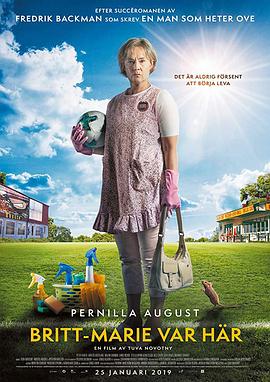 10.0HD中字潘妮拉·奥古斯特 彼得·哈贝尔 安德斯·莫索林 马林·莱瓦诺 Stella Oyoko Bengtsson 兰斯洛特·库比 奥尔·萨里 薇拉·维塔利 Mahmut Suvakci Elliot Alabi Andersson Wilhelm Siverbo Kevin Wesseh Dion Llapashtica Abdouile Sise Princess Wesseh Britt-Marie, a woman in her sixties, decides to leave her husband and start anew. Having been hous
10.0HD中字潘妮拉·奥古斯特 彼得·哈贝尔 安德斯·莫索林 马林·莱瓦诺 Stella Oyoko Bengtsson 兰斯洛特·库比 奥尔·萨里 薇拉·维塔利 Mahmut Suvakci Elliot Alabi Andersson Wilhelm Siverbo Kevin Wesseh Dion Llapashtica Abdouile Sise Princess Wesseh Britt-Marie, a woman in her sixties, decides to leave her husband and start anew. Having been hous
